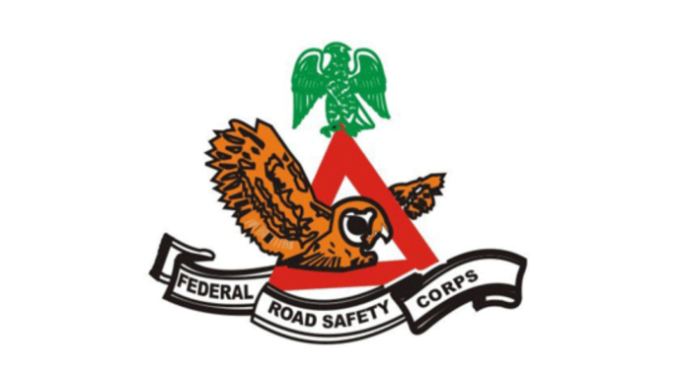
The Federal Road Safety Corps says it has introduced several measures to address the menace of petrol tanker crashes on Nigeria highways.
FRSC spokesman Olusegun Ogungbemide said this in an interview on Wednesday in Abuja.
Mr Ogungbemide said the FRSC had been working tirelessly to reduce road crashes to the barest minimum, in spite of the challenges posed by the large number of vehicles on the road.
He highlighted the introduction of the Road Transport Safety Standardisation Scheme in 2007, which regulated the transport system involving haulage vehicles.
He also mentioned that the scheme ensured that drivers underwent a series of training, and only sound individuals were allowed to drive.
According to him, the measure has significantly improved the safety of haulage vehicles on Nigeria roads.
“Furthermore, the FRSC has also introduced safety valves to prevent spillage in the event of a crash. This measure is crucial in preventing fires and explosions that often result from petrol tanker crashes,” he said.
Mr Ogungbemide said that the FRSC was also working to ensure that all petrol tankers were equipped with the safety valves, to minimise the risks associated with their operation.
He stated that the FRSC had also introduced the concept of ‘Safe to Load’, which ensured that vehicles and drivers met minimum safety standards before they were allowed to load.
“This measure has been implemented in 116 active depots across the country, and has significantly reduced the number of petrol tanker crashes on Nigerian highways,” Mr Ogungbemide said.
He attributed the success of major marketers in reducing crashes involving their trucks to their high safety standards, regular training, and use of new vehicles.
Mr Ogungbemide said that FRSC was working to replicate this success across the industry, by ensuring that all haulage vehicles met minimum safety standards.
Mr Ogungbemide said FRSC was also working to address the root cause of petrol tanker crashes, including driver fatigue, vehicle maintenance and road conditions.
Leave a Reply